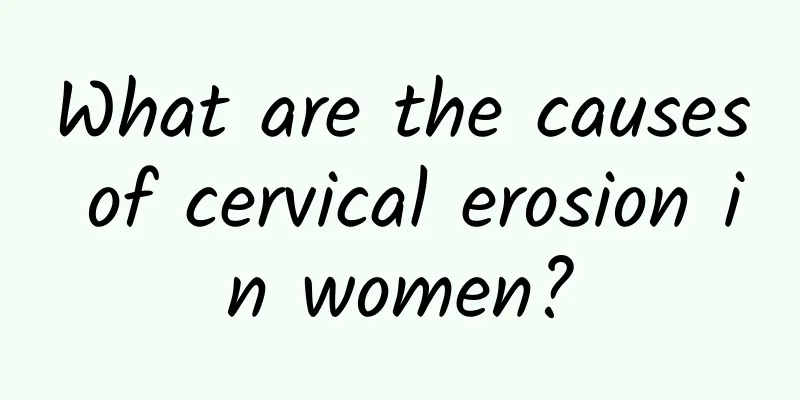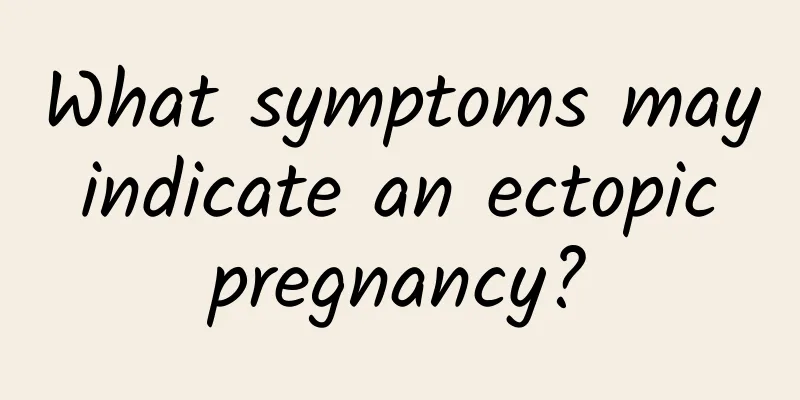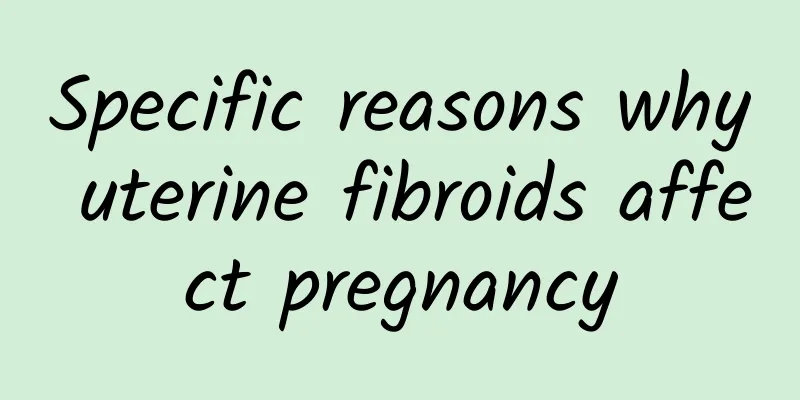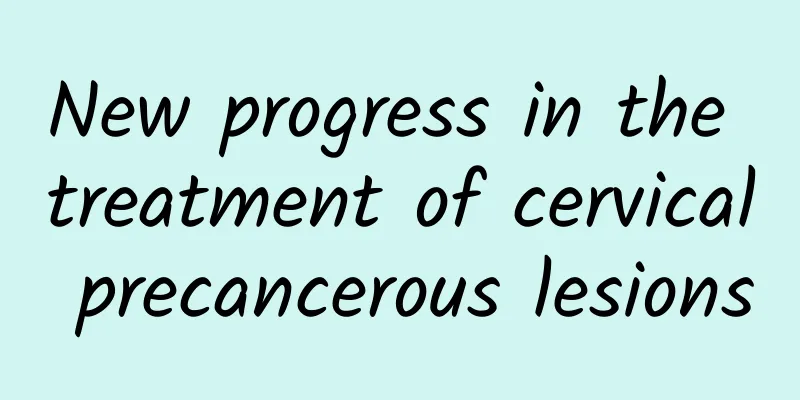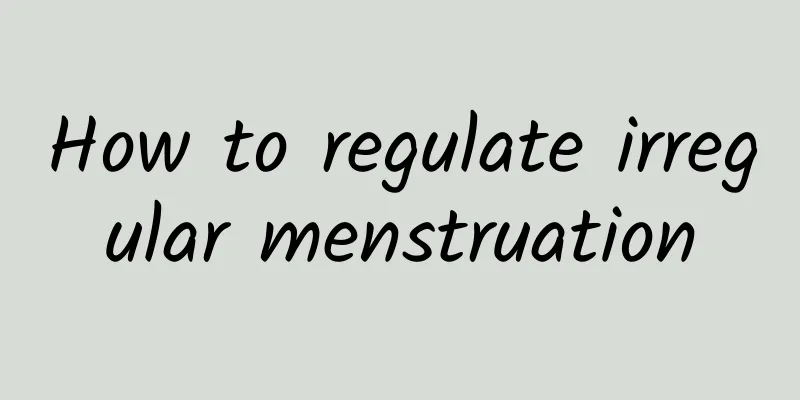What are the effects of complete uterine fibroid removal? Does complete uterine fibroid removal have any effect on the body?
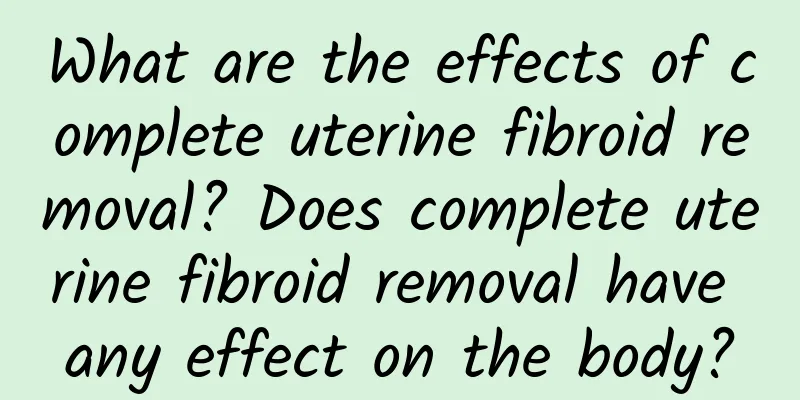
|
What are the effects of complete hysterectomy? This is a question that many women are concerned about when facing hysterectomy. With the development of medical technology, complete hysterectomy has become one of the main options for treating uterine fibroids. But does this surgery have some potential effects on the body? Let's discuss them one by one. 1. Increased risk of surgical wound infection Complete myomectomy requires an incision in the abdomen, which means the risk of infection at the surgical wound increases. Although modern medical technology can greatly reduce the risk of infection by strictly sterilizing surgical instruments and the surgical environment, it is still possible. Therefore, after the operation, the wound should be properly cared for and disinfected to avoid infection. 2. Postoperative pain and prolonged recovery period Myomectomy is a relatively complex surgery that may require a long recovery period. After the surgery, the patient may experience a certain degree of pain and discomfort. This is mainly caused by the local trauma caused by the removal of the uterine fibroids during the operation. The length of the recovery period varies depending on the individual's physical condition, but it usually takes several weeks or even months to fully recover. 3. Increased risk of infertility after surgery Complete hysterectomy may have some negative effects on women's fertility. During the operation, in order to completely remove the uterine fibroids, part of the uterine tissue may need to be removed. This may affect the structure and function of the uterus, and thus affect women's fertility. Therefore, if the patient has a fertility plan, they should fully communicate with the doctor before the operation to understand the impact of the operation on fertility and make appropriate decisions. In general, radical hysterectomy may have some potential effects on the body while treating uterine fibroids. However, not every patient will experience these effects, and the specific effects vary from individual to individual. In addition, the continuous development of modern medical technology has greatly reduced the risks of surgery, and postoperative recovery is relatively fast. When deciding whether to undergo radical hysterectomy, patients should fully communicate with their doctors, understand the risks and effects of the surgery, and make wise decisions based on their own circumstances. |
Recommend
Is hyperprolactinemia harmful to the body?
Is hyperprolactinemia harmful? This disease is ve...
Why do you get pelvic inflammatory disease?
Why does pelvic inflammatory disease occur? Pelvi...
How is congenital absence of vagina diagnosed?
How to diagnose congenital absence of vagina? Thi...
Is pelvic peritonitis contagious?
Whether the disease is contagious is a concern fo...
Do you know what precautions for vaginitis and whether it is contagious?
Vaginitis is one of the most troubling gynecologi...
Forward bends improve flexibility, reduce fat, and relieve back pain ~ 15 unexpected benefits
Do you often feel pain in your lower back and you...
Proper care for ectopic pregnancy is helpful for recovery
Ectopic pregnancy is a common phenomenon. Women m...
How to regulate irregular menstruation at home
Irregular menstruation, also known as menstrual d...
What should girls do if they have stomach pain during menstruation?
What should girls do if they have stomach pain du...
Does uterine curettage require anesthesia? Why is anesthesia needed?
Uterine curettage requires anesthesia, but you ca...
What is the best topical medication for pelvic peritonitis?
Pelvic peritonitis is a disease that women may su...
What are the main manifestations of various uterine amenorrhea patients?
Amenorrhea will affect women's normal reprodu...
Six months after marriage, men are prone to obesity, women are prone to obesity
Marriage is the beginning of obesity, what to do?...
What injection can prevent the growth of uterine fibroids? What injection can prevent uterine fibroids?
What injection can prevent the growth of uterine ...
How does pelvic effusion occur?
What causes pelvic effusion? Pelvic inflammatory ...

